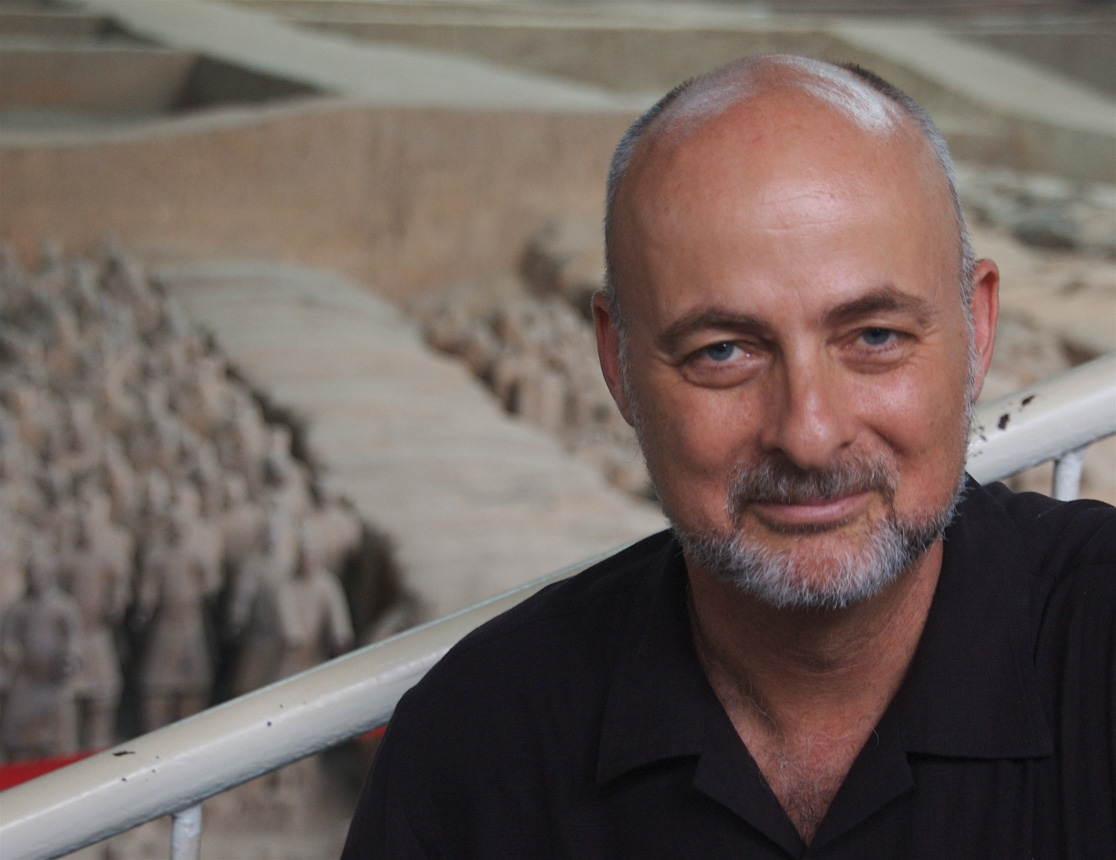David Brin has posted an article over at the Institute for Ethics and Emerging Technologies that aims to tackle the difference between Fantasy and Science Fiction. This is a pretty unique take on things. It is well worth the 5 minutes it takes to read (unless you sucked into the comments).
Can anyone back him up or prove him wrong? let me know in the comments.
Can anyone back him up or prove him wrong? let me know in the comments.














6 comments:
His thesis seems to be, "I have defined science fiction as differing from fantasy in that science fiction deals with political change and technological advancement. And regardless of how most readers view a book, or the author views a book, the genre is determined by my view."
No matter what counterpoint examples you might offer, it sounds like he will just say, "wrong! it has political or technological change and so is sci-fi, not fantasy because that is the definition I came up with."
It is an un-winnable argument, bute here are my two examples.
Fantasy novel that includes a desire for world-changing technology and/or political structures:
Phillip Pullman's His Dark Materials Trilogy (Involves children railing against the mistakes of their parents!)
Sci-fi novel that fails to do this:
Dune (Paul Atreides ends up as just another monarch...but moreso)
http://roflinitiative.com
Really interesting. I agree with him about nothing changing in Fantasy, but I think that's a function of many Fantasies using historical accounts to begin with. Fantasy is about alternate realms or perhaps the past - sci fi is about the future or time travel.
Sci fi, in its many forms, can also reflect experiments and what would happen "if" small but improbable changes occurred.
I completely disagree that Fantasy is the mother of Sci Fi. I think they're quite different although they can overlap.
It’s an interesting point and does ring true to some extent. A lot of traditional fantasy is exactly what he says it is but there are many that aren’t what he says they are and not really sci-fi.
I’m sure there are fantasy settings in which the equivalent of magical technology escalates to change society and I’m not sure I’d say they are actually sci-fi because society changes. I’m not sure that’s the best and/or most commonly understood explanation.
Secondarily some sci-fi prefers the status quo and maybe even is regressive instead of progressive. I wouldn’t be surprised if those who think the golden age of humanity is in the past are more attracted to Tolkienesque fiction and of course vice versa (optimistic of the future drawn to sci-fi). I’m just not sure it’s that helpful as a definition of sci-fi.
I took a scifi class in college and defining scifi was a big part of it. I am always interested in the definition and what separates it from Fantasy and Horror.
It was interesting, but to me, he's just another elitist telling me/us how things are supposed to be. I wonder where he places Avatar. Fantasy, Science Fiction, or both? Or maybe it was the two of them duking it out for supremecy...
I like Isaac Asimov's definition better.
"Isaac Asimov, once asked to explain the difference between science fiction and fantasy, replied that science fiction, given its grounding in science, is possible; fantasy, which has no grounding in reality, is not." -- "Science Fiction & Fantasy: A Genre With Many Faces" by Amy Goldschlager, Avon Eos, published on sfsite.com
Post a Comment